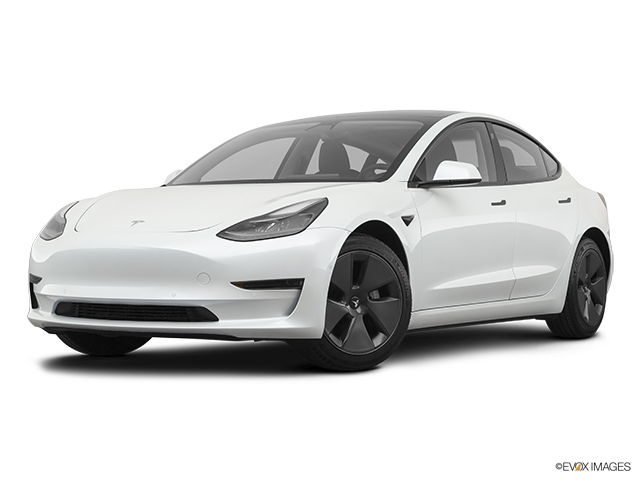Article content
A German newspaper is reporting it received leaked reports on Tesla’s auto-driving feature, containing more than 2,400 customer complaints about self-acceleration, and more than 1,500 problems with braking. As reported by a number of U.S. outlets, including The Verge and Jalopnik, the German-language newspaper Handelsblatt wrote that it received 100GB of data from an unnamed “Tesla whistleblower.”
Article content
The documents contain complaints dating from 2015 until March 2022, and from the U.S., Europe, and Asia, concerning Tesla’s so-called Full Self-Driving (FSD) — an inaccurate name, since while it enables vehicles to travel hands-free under the right conditions, it is not fully self-driving. The reports included 139 complaints of unintentional emergency braking, and 383 reports of the vehicle stopping in response to false collision warnings. According to Handelsblatt, while some drivers got their vehicles under control, others crashed into other vehicles, hit walls, or went into a ditch.
According to the German newspaper, the files also contain instructions for employees who handle the incident reports. They were instructed that the reports were only for “internal use,” and information could only be given verbally to the customer — the report couldn’t be included in an email, text message, or described in a voicemail.
Article content
Recommended from Editorial
-
![Tesla to let Ford owners plug into its charger network]()
Tesla to let Ford owners plug into its charger network
-
![U.S. law firm sues Tesla, claiming its updates affect the battery]()
U.S. law firm sues Tesla, claiming its updates affect the battery
The files contained contact information for customers, and when Handelsblatt contacted dozens of them in several countries, they confirmed the complaints were real. The newspaper also conferred with the Fraunhofer Institute for Secure Information Technology in Darmstadt, Germany, which said there was no reason to believe the data didn’t come from Tesla.
Handelsblatt’s editor-in-chief said he has had the files for six months, but didn’t publish the story until his 12-person team could sort through and evaluate everything in them. He also said the team sent Tesla a list of questions about the data, but rather than answer them, Tesla’s lawyers said the data were stolen and media could not report on it; and that the automaker plans to initiate legal action over what it calls “the theft of confidential and personal data.” The automaker suspects the leak came from a “disgruntled ex-employee” who had worked as a service technician, presumably in Europe. He had access to the files and took the data “right before he left Tesla.”
This isn’t the first time the FSD system has caused headaches for the automaker. In February 2023, it had to recall 362,000 vehicles in the U.S. and 20,000 in Canada, after the U.S. National Highway Traffic Safety Administration (NHTSA) said the software could allow the car to “exceed speed limits or travel through intersections in an unlawful or unpredictable manner (that) increases the risk of a crash.” Tesla didn’t agree with that, but issued an over-the-air (OTA) software update to address it.
Stay connected with us on social media platform for instant update click here to join our Twitter, & Facebook
We are now on Telegram. Click here to join our channel (@TechiUpdate) and stay updated with the latest Technology headlines.
For all the latest Automobiles News Click Here






